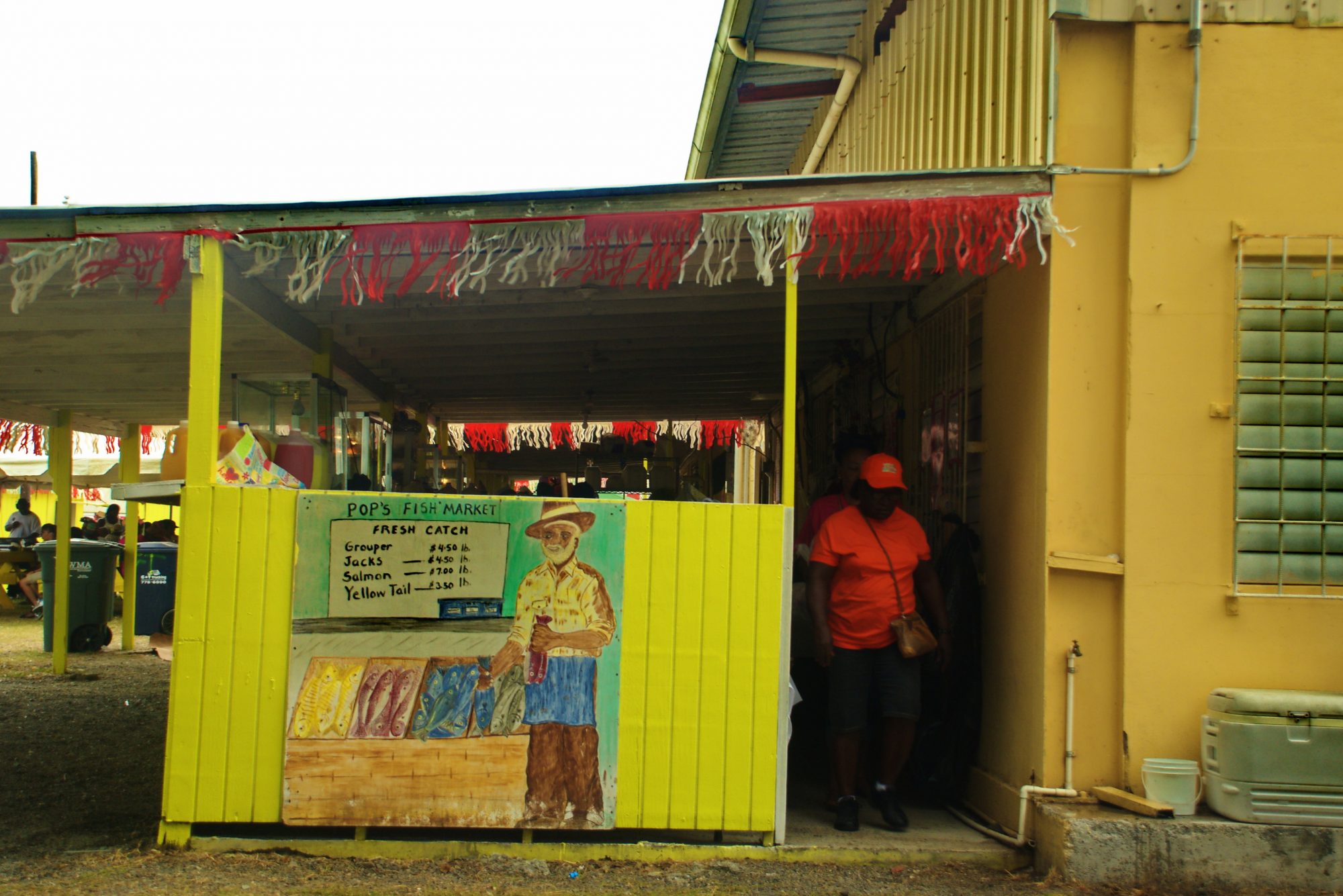Today (16 March) marks one year since Amber Rudd’s formal apology for her actions against the Windrush migrants: Amnesty examines what really happened, what the effects are to this moment and where the UK government can go from here
In a new briefing published ahead of the one-year point since the UK Government first acknowledged the Windrush scandal, Amnesty International is warning that the scandal is “far from over” and calls for a series of fundamental reforms.
A year since the then Home Secretary Amber Rudd apologised in the House of Commons on 16 April 2018 for the Home Office’s mistreatment of Windrush individuals, Amnesty is calling on the Home Office to respect rights to British citizenship and for urgent reform to the UK’s immigration system (see recommendations below).
Windrush scandal timeline of key events: April-May 2018
- 16 April 2018: then Home Secretary, Rt Hon Amber Rudd issued a formal apology for Home Office mistreatment of Commonwealth citizens who had settled in the UK decades ago and announced that a Home Office taskforce would be set up to help them establish their longstanding rights to live in the UK.
- 17 April 2018: the Prime Minister met and apologised to 12 Caribbean heads of government.
- 23 April 2018: Amber Rudd announced she would waive Home Office fees and citizenship tests (knowledge of language and life in the UK) for members of the Windrush generation and their children to become British citizens; and ensure people who had been wrongly expelled or excluded from the UK were able to return without having to pay fees. She also announced there would be compensation and lessons would be learned.
- 29 April 2018: Amber Rudd wrote to the Prime Minister to resign as Home Secretary. She was replaced by the current Home Secretary, Rt Hon Sajid Javid, who promised to make good on the commitments his predecessor had made.
- 2 May 2018: Sajid Javid announced a ‘Windrush lessons learned review’ would be conducted by the Home Office. (An independent adviser was appointed on 22 June 2018; terms of reference for the review published on 19 July 2018; and a call for evidence issued on 20 August 2018.)
- 10 May 2018: Home Office opened a consultation on setting up a compensation scheme.
- 24 May 2018: Sajid Javid announced the Windrush Scheme (which opened on 30 May) under which people who had settled in the UK prior to 31 December 1988 could apply for free for documentation confirming British citizenship or their right to live permanently in the UK. He also laid regulations before Parliament to waive the fee (and knowledge of language and life in the UK tests) for certain Commonwealth citizens to naturalise as British citizens.
Steve Valdez-Symonds, Amnesty UK’s Refugee and Migrant Rights Director, said:
“The Windrush generation were failed by decades of harmful Government policy and practice that effectively deprived people of their rightful citizenship and unleashed a range of harmful immigration powers against them.
“A year on, and this scandal is far from over. Its causes remain to be fully recognised, let alone addressed.
“Systemic injustice and racism in the UK’s nationality and immigration systems continues to destroy the lives of many people, including British citizens.
“Among them are the thousands of children, many born in the UK, who are denied their rights to British citizenship because of a profit-making fee they cannot afford.
“The Home Office’s persistent denial of its own dysfunctionality is an insult to the Windrush generation and others who continue to be harmed by this country’s immigration system.

True nature of the Windrush Scandal:
A major cause of the injustice and harms done to the Windrush generation of Commonwealth citizens was the loss of British citizenship rights.
The origins of the scandal date back to the policies pursued by post-war governments intentionally designed to restrict black and Asian British nationals coming to the UK. These policies culminated in the loss of British nationality of many people who had come and settled in the UK.
A legislative scheme was included in the British Nationality Act 1981 whereby people who had their British nationality taken from them were entitled to register as British citizens.
However, this scheme was time-limited, there was a fee and many people were unaware of the scheme or that they were no longer regarded as British. While people who had settled in the UK prior to 1 January 1973, and their family members, were entitled to live permanently in the UK, this was by virtue of an immigration status rather than a right of citizenship.
The full impact of this was realised many years and decades later when changes in immigration policy and law – particularly changes requiring migrants to pay for biometric identity documents and changes making these documents increasingly necessary to access various social opportunities, including to work and rent accommodation, and access various public services, including social assistance and healthcare. A further intervening cause was the Immigration Act 1988, which on 1 August 1988 changed the long-held absolute right for Commonwealth citizens settled in the UK prior to 1 January 1973 to return to the UK.
The change imposed a two-year restriction on absences – something of which many people affected were not made aware.
This is dealt with in far more detailed in Amnesty International UK’s submission to the Home Office Windrush lessons learned review.
Citizenship rights of people born in the UK and children growing up in the UK
Rights to register as a British citizen under the British Nationality Act 1981 were intended to remedy other injustices – not only the loss of British nationality of Commonwealth citizens who had settled in the UK as British subjects. Another of these injustices was the future loss of automatic acquisition of British citizenship by birth in the UK. The Act ended such automatic acquisition – restricting it to people born in the UK to a parent who is a British citizen or settled.
Parliament insisted upon rights to register for children who are born in the UK but not born British citizens so that all children growing up in the UK would have the security of that citizenship of their home country. A power was included in the Act so that the Home Secretary could also register as British citizens children who grew up in the UK after having been brought here.
The parliamentary intention was that all people truly connected to the UK should have British citizenship. They should not be treated as mere guests in their home country, their presence ultimately dependent upon the grace of the Home Secretary and subject to changes in immigration policy.
Just as that intention was not fulfilled for many members of the Windrush generation, it has not been fulfilled for tens of thousands of people born and grown up in the UK. The reasons for this are strikingly similar to the origins of the Windrush scandal – many people do not know they are not regarded as British citizens, do not know of rights to register as British citizens or, if they know these things, cannot access their right to register including because the Home Office has imposed a “huge” fee of £1,012 (most of which is in excess of the administrative cost of registration and intended to raise revenue for the department).
cannot access their right to register including because the Home Office has imposed a “huge” fee of £1,012
The results of this are also striking similar to the Windrush scandal including that people who know of no other place, are entitled to the citizenship of this country and, in many instances, have lived here all their lives are treated as guests and dependent on the grace of the Home Office. Some people face being expelled from their home country.
Children’s rights to British citizenship are explained in the PRCBC ‘Children and their rights to British citizenship’ leaflet (March 2019) available here: https://prcbc.org/information-leaflets/

Brexit and Windrush:
There is much attention to Brexit and the settled status scheme set up for European Economic Area (EEA) and Swiss nationals (and their family members) to secure their rights to live and work in the UK after the ending of European free movement rights in the UK. The risk that this scheme will prove inadequate is often described as analogous with the Windrush scandal.
There is some justification for the analogy.
The consequences to EEA and Swiss nationals, and their family members, of not registering under the scheme could be very similar to the experiences of members of the Windrush generation in losing their jobs, livelihoods and homes, being excluded from vital social and public services and being detained and expelled from the country of their home.
Nonetheless, the analogy is far closer in relation to many children of EEA and Swiss nationals – several of whom born in the UK and many others brought to the UK with their parents and grown up in this country. These children have rights to British citizenship. It is alarming that the necessary attention to the settled status scheme which is of such significance to securing their parents’ futures in the UK continues to obscure the citizenship rights of these children.
The most poignant of the lessons that ought to be learned from the Windrush Scandal must be that no immigration status is ever a substitute for British citizenship. The continuing failure to prioritise and promote existing rights to British citizenship, and ensure the accessibility of registration of these rights, is unsafe and unjust. It risks doing precisely what was done when the seeds of the Windrush Scandal were first sown – that is leaving British people treated as mere guests in the country of their home and citizenship; and their right to continue living here unjustly dependent on the grace of the Home Office.
More generally, the harms caused by volatility of the immigration system (including sudden changing of rules, policies and processes) and the loss of vital safeguards (including legal aid and appeal rights) continue. The risks to EEA and Swiss nationals arise primarily from the prospect of being made subject to this system, which already causes considerable harm and injustice to many non-EEA/Swiss national migrants. This too has received far too little attention in the wake of the Windrush scandal.
EEA and Swiss national children’s rights to British citizenship are explained in the PRCBC ‘EEA and Swiss national children and their rights to British citizenship’ leaflet (April 2019) available here: https://prcbc.org/information-leaflets/
Recent events and developments since the Windrush Scandal broke:
- On 19 March 2019: The Home Office informed the Home Affairs Select Committee that the Windrush Scheme had assisted 4,470 people to obtain British citizenship or confirmation of their permanent right to live in the UK; and the Windrush taskforce had additionally assisted 2,459 people to do likewise.
- On 3 April 2019: The Home Office launched its compensation scheme. The compensation scheme has been heavily criticised for limits imposed on payments and evidential barriers to securing compensation.
- On 17 April 2019: The independent adviser to the lessons learned review is hosting a consultation event in central London. The lessons learned review remains outstanding.
The Immigration and Social Security Co-ordination (EU Withdrawal) Bill remains awaiting its Report stage in the House of Commons. The Bill, which is intended to establish the framework for the introduction of a single immigration system following the end of European free movement, includes nothing to ensure that system will be any less volatile or include any greater safeguards than its current predecessor, which has caused such harm to members of the Windrush generation and many other people subjected to it.
Recommendations:
- The Windrush Lessons Learned Review must not shy away from understanding and exposing the multiple causes of the Windrush scandal over decades, including systemic injustice and racism in the UK’s nationality and immigration systems.
- The Home Office must undergo a change of culture to ensure people are able to establish and assert their rights – including rights to British citizenship, rights to asylum and other rights to enter or stay in the UK. Facilitating this should be a priority aim of the department.
- The Home Secretary must exercise his power to remove the profit element from the fee for people to register their rights to British citizenship, and introduce waivers and exceptions to ensure that no child is prevented from registering a right to British citizenship by a fee they cannot afford.
- Independent safeguards against Home Office error in relation to nationality and immigration powers and responsibilities, such as to legal aid and appeal rights, need to be restored and made effective.
- As the Government prepares to end European free movement rights in the UK, thereby extending the immigration system’s powers over many more people, Parliament must be given the opportunity to fully review the laws that establish and govern the immigration system and ensure reform of that system provides clarity, certainty and justice to the people subjected to its rules and powers.











